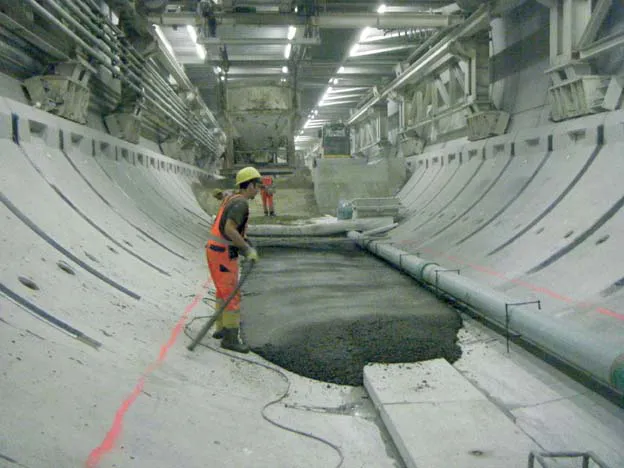Austria’s Infrastructure Ministry is setting out an ambitious programme of transport infrastructure development. Plans have been announced for €25 billion worth of infrastructure improvements over the next five years. This will include improvements to road and rail, as well as broadband services.
February 16, 2016
Read time: 1 min
Austria’s Infrastructure Ministry is setting out an ambitious programme of transport infrastructure development. Plans have been announced for €25 billion worth of infrastructure improvements over the next five years. This will include improvements to road and rail, as well as broadband services.








